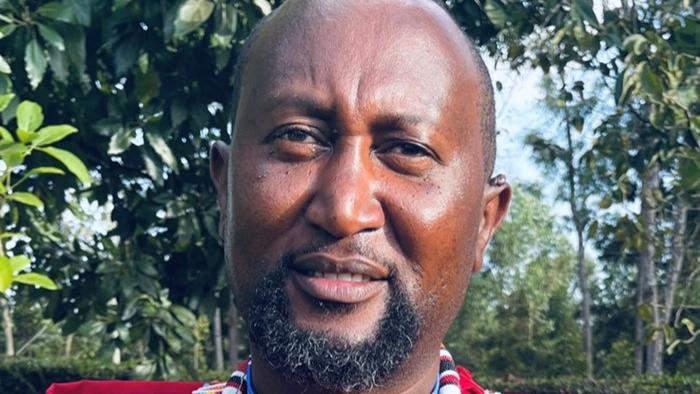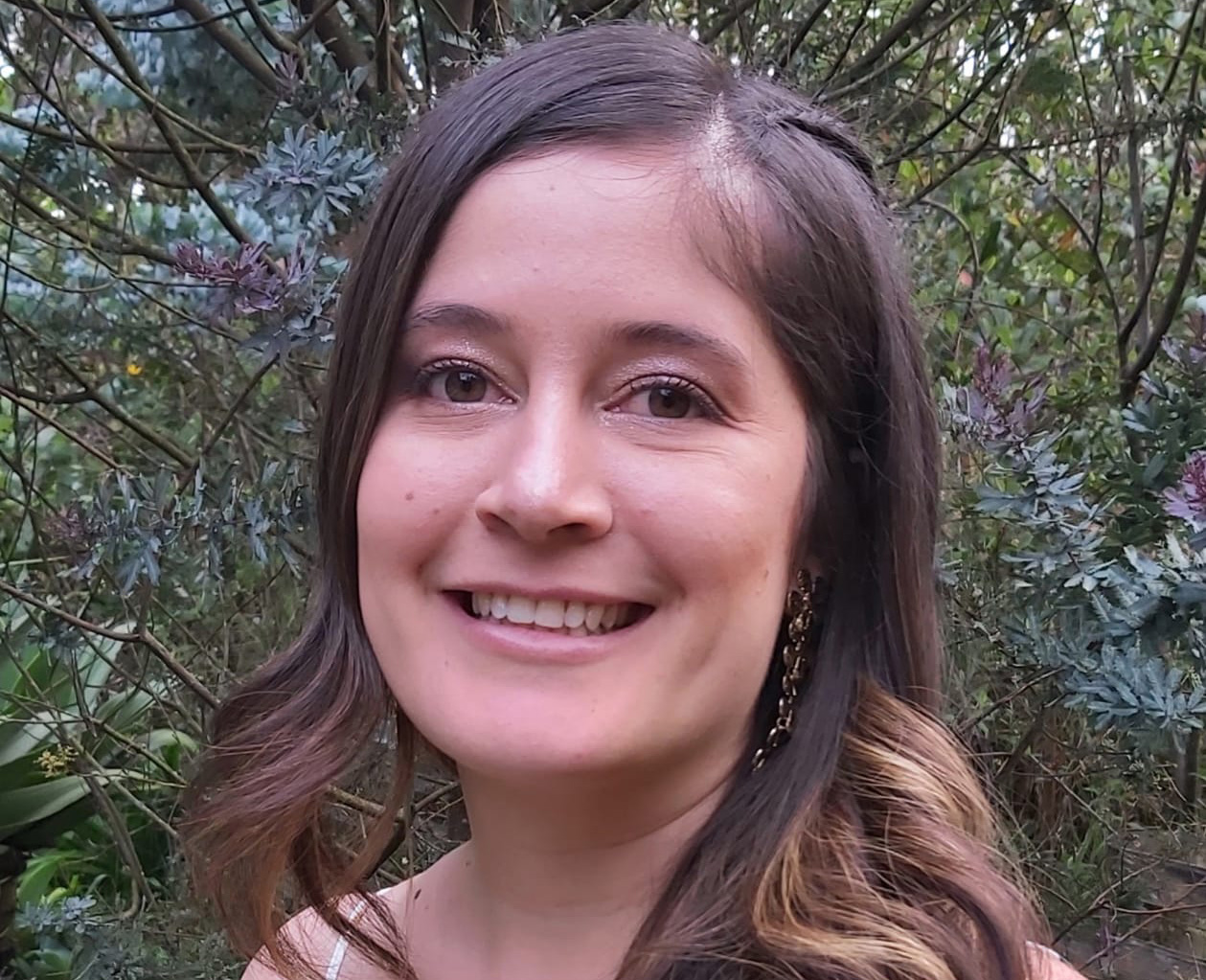International scholars reflect on the Nature based Solutions to Global Challenges Foundation Course

Full scholarships were awarded to a number of participants on the Nature based Solutions to Global Challenges Foundation Course this year.
Nature-based solutions (NbS) involve working with nature to address societal challenges, with benefits for both people and biodiversity. They are gaining increasing attention from policy makers and business leaders for their ability to reduce carbon in the atmosphere, such as by helping degraded peat lands recover or planting trees. They can also help to protect against the impacts of climate change such as floods, droughts and heatwaves, and deliver other benefits like improving water quality and increasing food security.
Recent controversies over greenwashing have highlighted the importance of implementing NbS correctly. Alison Smith, a senior research associate at the University of Oxford’s Nature-based Solutions Initiative (NbSI), explains:
We’ve developed a set of guidelines to emphasise that NbS should never be treated as a substitute for urgent action to reduce fossil fuel emissions. Also, they must be delivered in partnership with local communities and indigenous peoples, respecting land rights and ensuring genuine benefits for biodiversity.
The online course, delivered by the NbSI in partnership with the Smith School of Enterprise and the Environment, teaches participants how NbS can be implemented, financed and governed. It was founded in 2022 and has since taught over 85 people.
Enock Kiminta, a Freshwater Specialist and Monitoring and Evaluation Officer based in Kenya, enrolled on the course after learning how NbS can help address freshwater ecosystem protection and conservation while improving community livelihoods.
Enoch felt “recognised and empowered” when he found out he had been awarded the scholarship. He said the course and its online community helped him understand “how everyone, in their own small or big way, is working towards ensuring people live in harmony with nature.”
Enoch now plans to share the knowledge he gained within his organisation, the Kenya National Association of Water Resources Users, and has a specific test site in mind to trial some of the solutions detailed in the course.

Khin Htet Wai works as a National Project Manager in the Mekong Region Land Governance programme. “As a social and environment policy analyst, I am interested in investigating the potential of NbS for climate mitigation and adaptation,” she said.
“The knowledge gained from this program will be particularly applicable in my professional work, especially when engaging with stakeholders and local communities in the decision-making process,” continued Khin Htet.
Ana María Cuervo Ramírez is a Forestry administrator at Masbosques, a non-profit organisation that promotes the conservation and sustainable use of natural resources.
“I had many questions about NbS… I work in the environmental area so I need to know this topic very well,” said Ana, who described the scholarship as a “once in a lifetime opportunity.”

